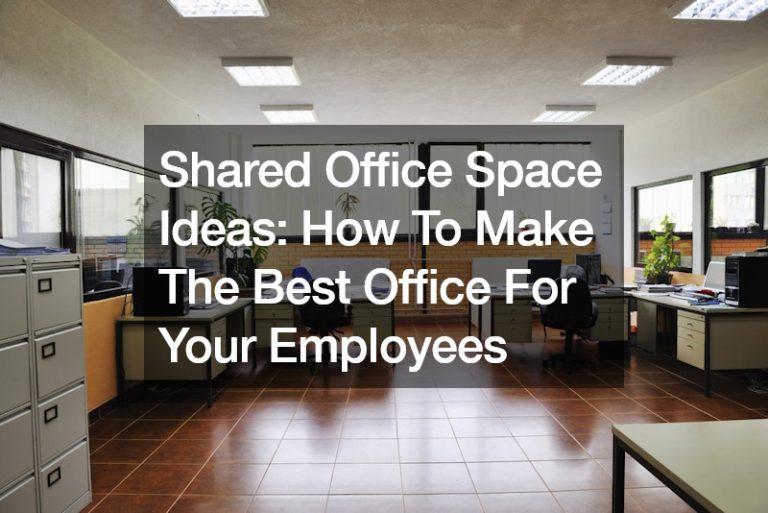No one likes to be bankrupt. Yet some of us spend money like there’s no tomorrow. To be fair, spending can be addictive, especially if you never encounter problems with your payments. Retail therapy can indeed lift our spirits. But if our spending gets out of control, we can spiral into bankruptcy.
To some people dealing with debt, filing for bankruptcy is their “easy way out” of obligations. However, while bankruptcy relieves most debt, we may find that what we get in return can be more than what we bargained for. Hence, it’s better to pay all our debts than to file for bankruptcy. But how are we going to do that if we spend without restraint?
While you still have time to sort out your financial priorities, take note of these habits that increase your risks for bankruptcy:
1. Not Planning Your Budget
Budgeting can be tricky, but for most people, it isn’t optional. Without a budget plan, you can lose track of your bills and spend money that should’ve gone to your obligations instead.
By budgeting, you can reduce your spending, especially credit card purchases. You can even keep your credit cards away and strictly pay in cash. If you must keep a card, choose debit. Don’t cancel your credit cards, though, because they’re essential in maintaining a good credit score.
Budgeting can also help you realize whether you can really sustain your lifestyle. If your expenses turned out to exceed your savings, that’s a clear sign that you should scale back. Maybe you should rent a smaller apartment, use public transport instead of own your car, or cook your own meals. Some of your leisurely activities may need to be sacrificed, too. If most of your savings go to unnecessary travel or shopping, widen the intervals between your vacations and so-called retail therapy.
2. Subscribing to Unnecessary Luxuries
Cable TV may seem necessary, but if you watch Netflix all the time anyway, what do you need the cable for? Re-assess your internet and cellphone network plans as well. Maybe you can reduce the speed of your connection or choose a cheaper phone plan.
If you’re subscribed to other monthly luxuries, like a gym membership, country club membership, and such, perhaps you can let those go, too. The key is identifying what doesn’t truly benefit you. If your life doesn’t change without those subscriptions, they can go.

3. Using Credit for Ordinary Purchases
Using a credit card is only recommended for major purchases, like home appliances or travel-related expenses. For everyday purchases, like clothes and groceries, it’s better to pay in cash. Using your credit card for ordinary purchases makes you less likely to repay because you’ve already consumed what you bought.
Some credit cards have rewards that let you get cashbacks, rebates, or points when you use them. If you want to maximize these rewards, only charge with credit what you would’ve paid in cash and pay off the balance right away.
4. Prioritizing Your Wants Instead of Your Needs
Our view of self-care can cause us to blur the lines between our wants and needs. We think we need bath bombs, aromatherapy, and weighted blankets because they make us feel good. But in truth, while those products have tremendous benefits, they’re not as essential as food, water, and shelter.
Falling for the illusion that your wants are your needs is a recipe for overspending. Consequently, you can lose sight of your actual necessities, such as rent or mortgage, groceries, student loans, and other life essentials. Having a bigger budget for wants than needs can lead you to debt, which you might have trouble repaying if you continue to overspend.
Being late or unable to pay your debts can have dire consequences. If you fail to pay your rent multiple times, for example, your landlord can warn you about eviction. If you don’t heed their warning, it’s only a matter of time before you’d be forced out of your apartment. Thankfully, you can enlist the help of an experienced eviction defense attorney and have a repayment plan ready before it’s too late.
5. Using Debt to Pay Off Debt
Let’s say you managed to repay your debts; only you used yet another debt. If you transferred the balance of your high-interest credit card to one with a lower limit, then using debt isn’t bad in this scenario. However, this doesn’t always result in savings. The transfer fee doesn’t negate your interest savings.
Conclusion
At the end of the day, it’ll be best to consolidate your debts and move forward in life carrying the lessons you’ve learned. Bankruptcy is traumatizing; don’t let it happen before setting your priorities straight.











